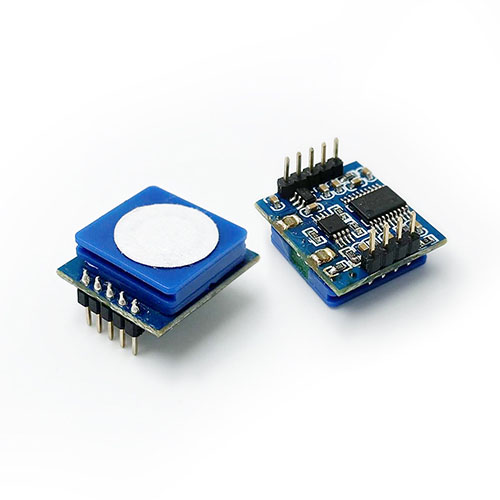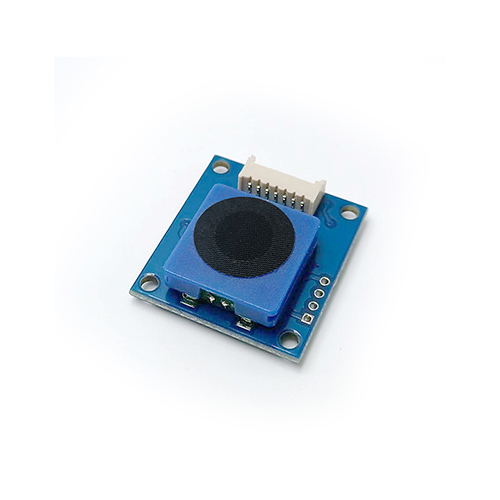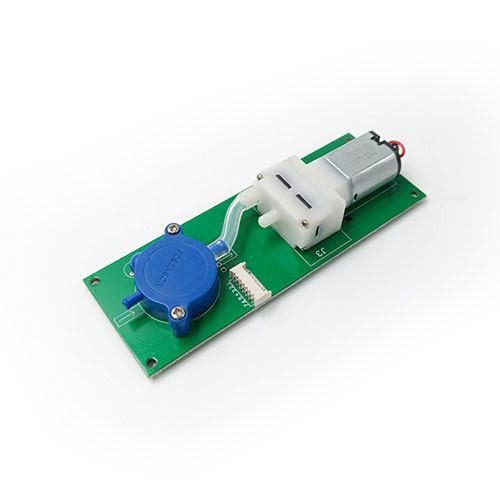Fuel cell alcohol sensor
Fuel cell alcohol sensor is a key sensor technology that plays a key role in multiple fields. Whether in the automotive industry, industrial production or daily life, fuel cell sensors play an indispensable role. In this article, we will discuss how the Fuel cell alcohol sensor works, its applications, and its importance in alcohol monitoring.
Fuel cell alcohol sensor working principle
Fuel cell alcohol sensor is a gas sensing technology based on electrochemical principles. Its working principle is based on the redox reaction of alcohol and oxygen on the electrode surface. The electrode inside the sensor uses a catalyst to catalyze the oxidation reaction of alcohol molecules to generate electric current. Measuring the strength of this current determines the alcohol concentration.
Fuel cell alcohol sensor has the characteristics of high sensitivity and fast response. They are able to detect small changes in alcohol concentration and provide accurate results in seconds. In addition, the fuel cell sensor has less interference with other gases and has better selectivity and stability.
Fuel cell alcohol sensor application
Fuel cell alcohol sensor has a wide range of applications in various fields. In the industrial field, they are often used to monitor alcohol concentration in industrial processes to ensure product quality and production efficiency. In the automotive industry, Fuel cell alcohol sensors can be used to detect the driver’s alcohol content and help reduce traffic accidents. In addition, the Fuel cell alcohol sensor can also be used in safety equipment such as alcohol detectors to help monitor people’s alcohol intake and avoid dangerous behaviors such as drunk driving.
Fuel cell alcohol sensor advantages
Fuel cell alcohol sensor has many advantages in the field of alcohol detection:
- High accuracy: The sensor can provide highly accurate alcohol concentration measurement results, meeting the alcohol measurement accuracy requirements stipulated by law. This makes the Fuel cell alcohol sensor the first choice for places with strict regulations on alcohol concentration, such as law enforcement agencies, transportation industries and industrial fields.
- Fast response: The sensor has a fast response time, usually providing results in just a few seconds. This is very important for application scenarios that require rapid judgment of alcohol concentration, such as traffic police conducting drunk driving tests at the scene.
- Multi-field applications: Fuel cell alcohol sensor not only plays an important role in the field of traffic safety, but is also widely used in workplaces, medical care, sports competitions and other fields. For example, they can be used to monitor employee alcohol consumption to ensure workplace safety and productivity.
- Portability: Fuel cell alcohol sensors usually have a small and lightweight design, making them easy to carry and operate. This makes them ideal for mobile testing devices such as breathalyzers and personal alcohol monitoring devices.
Fuel cell alcohol sensor development trend
With the continuous advancement of science and technology, the application prospects of fuel cell alcohol sensors in the field of alcohol detection are very broad. Future developments may include smaller, higher sensitivity and lower power sensor designs. Additionally, connectivity to devices such as smartphones may increase, making alcohol monitoring more convenient and ubiquitous.
bottom of form
As a novel and efficient alcohol detection technology, Fuel cell alcohol sensor has the advantages of high accuracy, fast response, multi-field applications and portability. They play an important role in alcohol monitoring in various fields, promoting public safety and the protection of personal health. With the continuous development of technology, Fuel cell alcohol sensors are expected to achieve smaller size, higher sensitivity and lower power consumption in the future, and be more closely integrated with smart devices. Through continued research and innovation, fuel cell alcohol sensors will continue to drive attention and management of alcohol abuse issues and provide society with reliable solutions.









